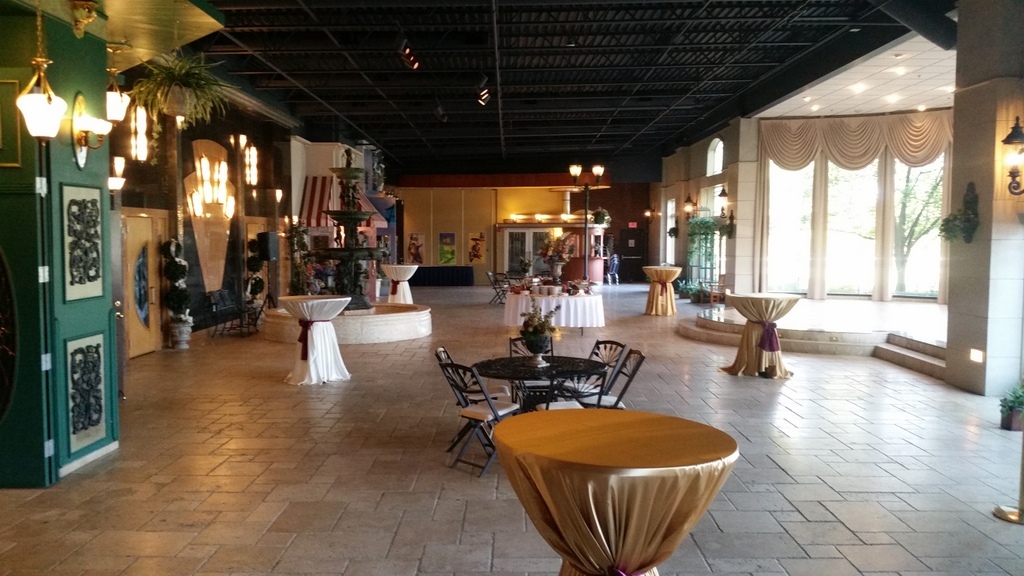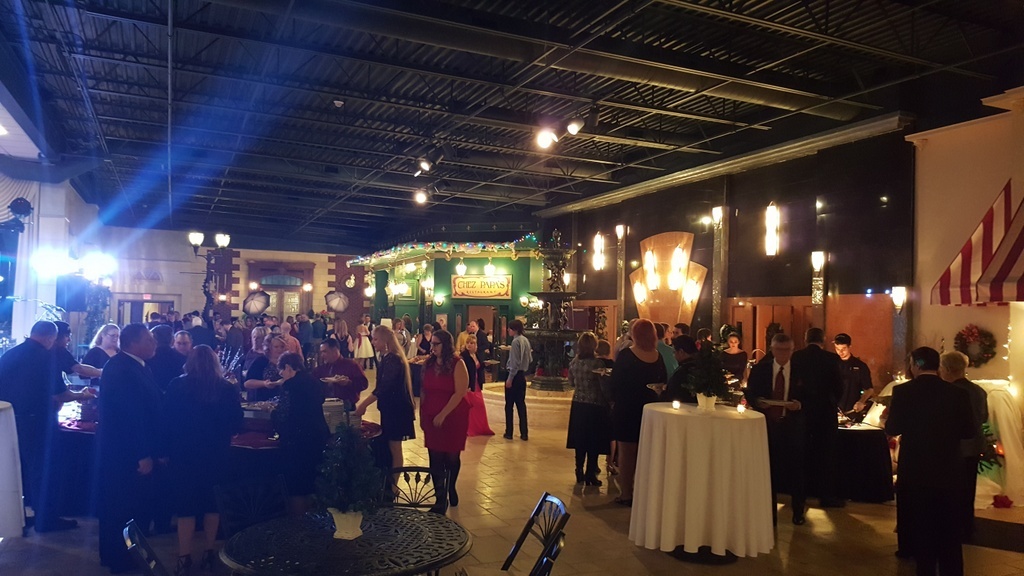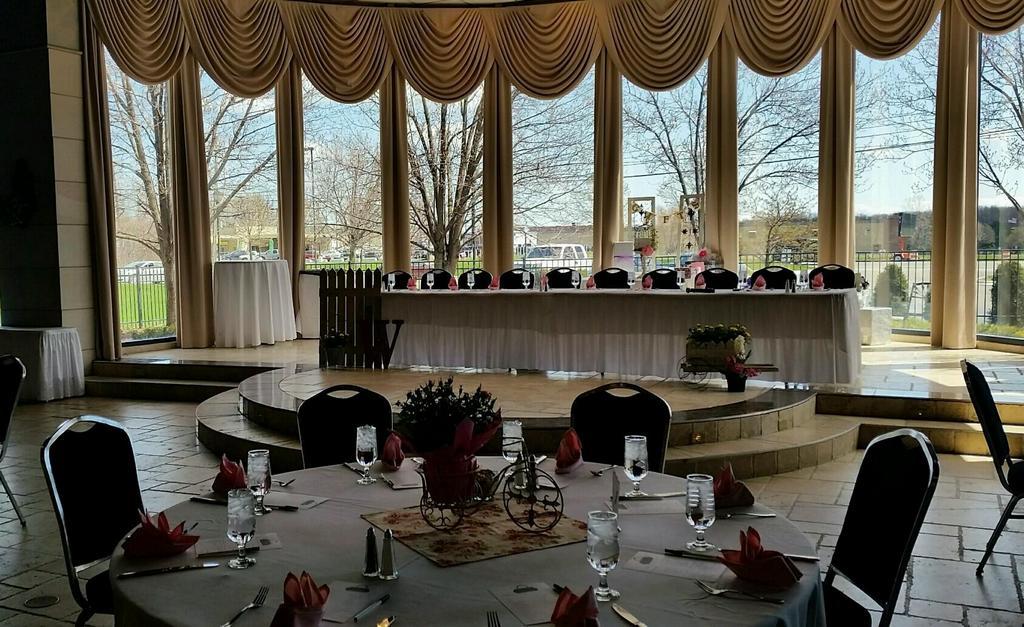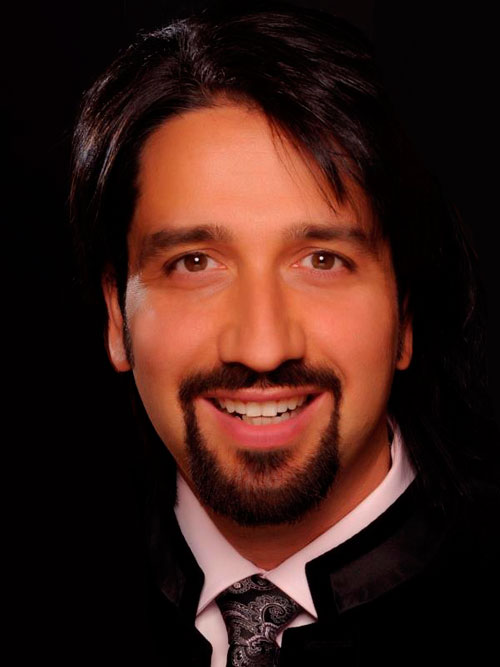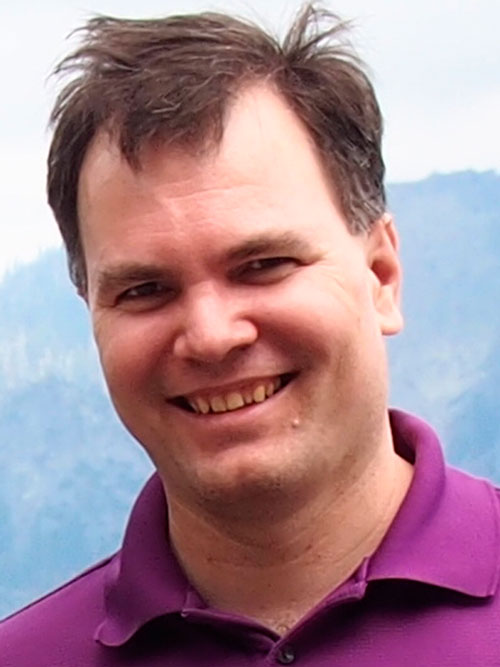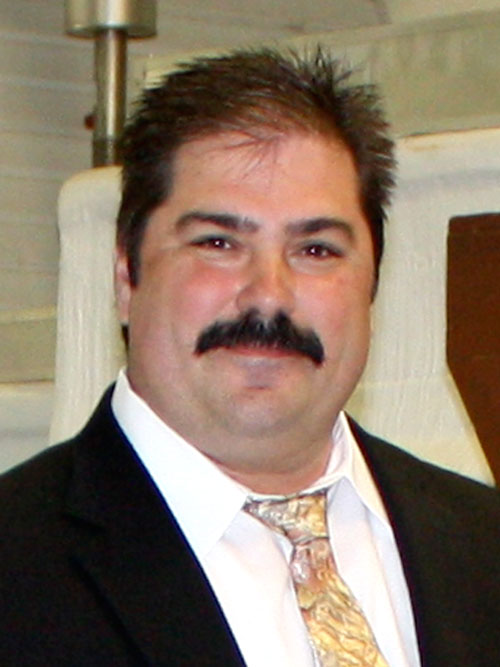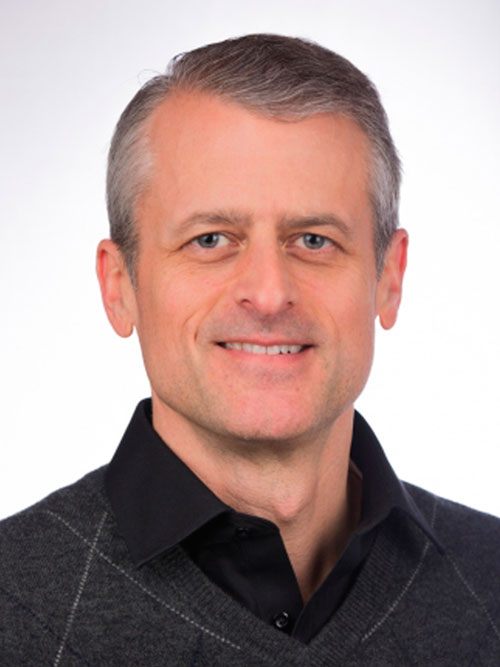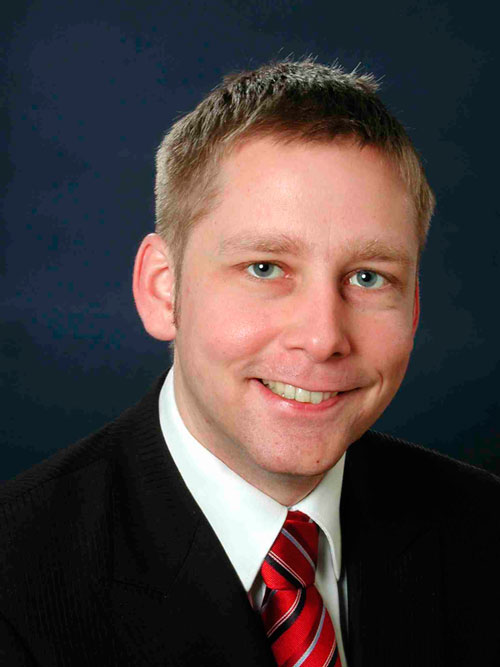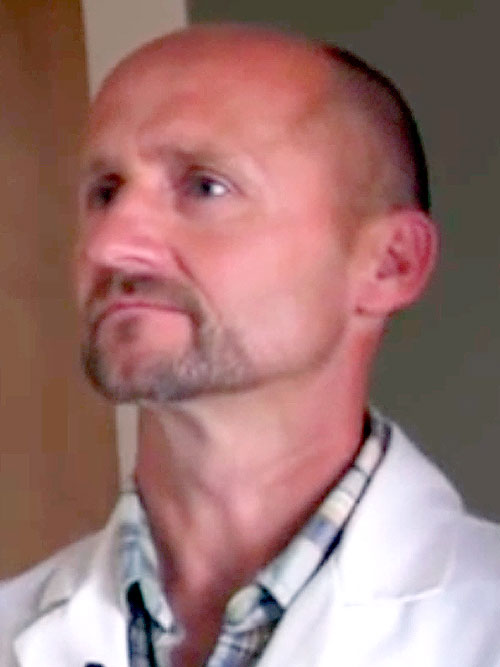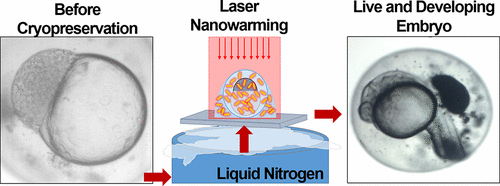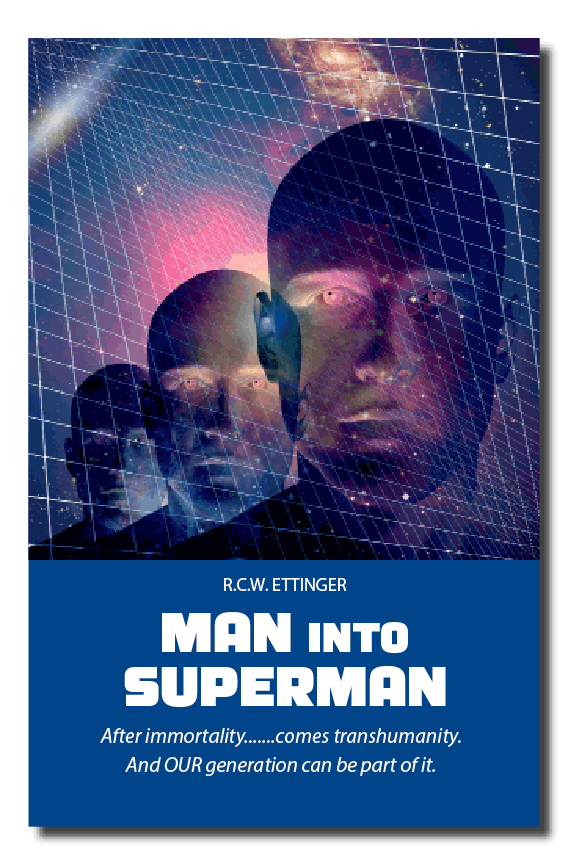Because of lack of interest, tomorrow has been cancelled.
-Anonymous
What fools these mortals be!
-Puck
Today Shakespeare might have Puck say, “What fools they be, who choose mortality!” This foolishness remains nearly universal; almost everyone rejects his chance of extended life, as well as his chance to become superhuman, for reasons we shall now discuss further, with some naming of names.
Certainly I am not pessimistic about the success of the cryonics revolution. Human stupidity is formidable, but not invincible, and sooner or later most of us will set our sights on immortality and transhumanity. Patients who have “died” will be routinely stored in coolers or freezers to await help. Only a few would-be martyrs will insist on their right to rot. The nastiest four-letter words in the language will be “melt” and “thaw”, and the vilest epithet will be “mother- melter”.
The trouble is “sooner or later” may not be soon enough for many of us, and despite a great deal of activity of many kinds, the actual score in frozen patients is far from impressive. In 1971, seven years after publication of The Prospect of Immortality, the score in the United States seems to be roughly: Grave, 14,000,000--Freezer, 14.
Most peculiar! Somebody must be crazy. Even if the idea were pure crackpot, it should have had more success than that. People can be found to try yoga, vegetarianism, astrology, naturopathy, or almost anything else that promises more or better life. To be sure, the proponents of LTA--low temperature anabiosis or latent life, a term suggested by Professor G. J. Gruman--do not promise anything, but only point out that a real chance exists, and this may be part of the trouble: we are not rabid enough. Even so, there is in one sense nothing to lose by freezing after death--at worst, you will merely remain dead--and it might be thought that many a rich man, at least, would bet part of his estate on a chance at a long and fascinating future life. In fact, there were alarmed predictions that the project would instigate countless swindles, with hysterical millionaires showering money on freezer salesmen and with sick people changing their wills in favor of anyone who held out any hope, however slim, of cheating death. “Die now, pay later” was seen as a potent lure for the suckers.
Please Kick the Tires
Nothing even remotely like this has happened, for a variety of reasons, almost all of them psychological rather than logical. In one large class of resisters, the diagnosis is plain: they are rigid because they are frigid; their minds are frozen by fear. They are, sometimes literally, scared to death. What is it they fear?
In a sense, they fear the prize itself: immortality, or indefinitely extended life, and its concomitant, the outgrowing of our humanity. They see this not as an opportunity, but as a threat. The threat is mainly to their peace of mind, and this can seem fearsome indeed.
Ordinary people are often frankly petrified by the prospect of the great journey: they won’t buy our vehicle, or even kick the tires, but simply announce after profound thought lasting in some cases for as much as a minute and a half, that they intend to go when their “time comes.”
To such, one is tempted to give a snotty answer. Goodbye. So drop dead already. We’ll try to get along without you. You have a right to rot. You’ll soon be rotten and forgotten. Good; that will leave more room for the rest of us. We’ll give your regards to Broadway. It’s a free country. Suit yourself. Who needs you?
But of course these aren’t real answers, only expressions of irritation. We certainly have a moral duty to try to persuade these people: for being a little slow, the death penalty is somewhat severe. More than that, we do need them. If the cryonics program is to be efficient--if the cost is to be within the reach of all, and if help is to be quickly avail- able at every place and time--then it must be a large scale project. We do not need everybody, or even a majority, but we do need substantial numbers.
The illogic and shabby psychological defense mechanisms so often observed in the man in the street are displayed a trifle less blatantly by the intelligentsia, who frequently outsmart themselves in rather slick and plausible-sounding ways. It will be worth our while to mention a few by name, and I hope they will forgive me for being used as horrible examples. Their usefulness lies in the very fact that they are brilliant men--if they can err so grossly, then the average man need not be ashamed of his own obtuseness and can change his mind without humiliation. Let us begin with the least extreme example.
Alan Harrington
Writer Alan Harrington is not one of life’s dropouts, not one of the apologists of death; on the contrary, his book, The Immortalist, is built on the theme that “Death is an imposition on the human race, and no longer acceptable .” (69) Yet after this brave beginning, after many flourishes and gallant aphorisms, he emerges a copout; he appears to be not an immortalist, but only a talkative dilettante.
Incredible! Consider, first, how deftly he dissects the old myths, how shrewdly he pulls the scabs off our psychoses: The disguised message in the Tower of Babel story is that if we get together and talk in one language we can erect a structure that will reach heaven-in other words, become gods ourselves and attain immortality.... We created the Devil to express our most radical and dangerous intent. Through history he has been the host, the standard-bearer of man’s aspiration to become immortal and divine.... (The) habit of doubt creates habitual reservations about entering fully into any emotional life that might be possible--because in the end there is death. And unfortunately a negative reflex comes into being; that the only way to hold off death is to refuse to jump into the life that leads to it. If you don’t buy death you may refuse to buy life.... Purchasing eternal life has become increasingly common in our supposedly enlightened time. This is done, for example, by starting a foundation and giving it your name. ... All mass-action, for good or ill, gives members of the crowd an illusion of being immortal and vaguely god-like.... The devout Chinese Communist. running around and waving his little red book of Mao’s aphorisms, may appear psychotic to me. Yet he is less conscious of death than I am, closer to ‘the All’, much farther from death and less afraid of it, safer, and secure from cosmic anxiety.... To be sure, his arguments are often weak and loose. Surely he goes far beyond the evidence when be asserts that the “’problem of alienation’ . . . derives from a single cause: the fear of aging and death . . . feelings of isolation; aggressive behavior toward one another; massive paranoia, and the common inability to believe, commit, or care--derives, going back to the beginning, from a single cause . . the fear of aging and death.”
Again, his phrasing of the goal seems ill chosen--to become “divine,” “deities,” “gods.” This phrasing brings unpleasant and inaccurate connotations, such as a desire for worshippers and a static utopia. This last, especially, is astonishingly shallow and short-sighted.
Harrington visualizes a “utopia beyond time,” an “immortalist state” in which we--or our descendants--will be periodically roused from sleep or hibernation to “pursue lost dreams and careers, becoming doctor, space explorer, artist, athlete, scientist--fleshing out in free play all of the myths that have ever occurred to mankind. . . .”
What a dwarfed and puny vision! Essentially, Harrington seems to see a future not much different from the present, except bigger and better--eternal variations on the same old themes. This is not only unrealistic but uninspiring, playing into the hands of the thoughtless who say they wouldn’t want “another time around.”
The worst, however, is that finally Harrington’s nerve fails him. He acknowledges, “The frozen casket does hold out a faint promise, and currently the only promise of survival.” But his ultimate conclusion is that “. . . members of the transitional generations will almost surely not live to experience the immortal state (but) ... through our efforts we honor the human species by helping to turn it into the divine species. We may fairly consider ourselves the heroes and heroines of the evolutionary process. . . .”
What a splendid conclusion! Our descendants will conquer aging: this is news? We will find solace in the nobility of martyrdom: this is different? It is nothing more than the same old humanist copout, the same sick delusions that Harrington himself has gone to so much trouble to debunk. What it amounts to, then, is that Harrington is just another “futurist,” someone who enjoys mental games, talking about the future with no intention of participating. He shares, in the end, the common paralysis of will.
Or so it would appear from reading The Immortalist. In mid-1970 the grapevine had it that Harrington had become actively involved at least on the fringes of cryonics. Perhaps he will turn out to be an immortalist after all.
Joshua Lederberg
If the universe has no malice, neither has it mercy; it accepts no excuses, and a miss is as good as a mile. The rarest genius has but to take one misstep in New York City traffic, and the universe will judge him incompetent and sentence him to death.
Joshua Lederberg, a Nobel prize winner, is a professor of biology at California Institute of Technology. Despite his acknowledged genius, Professor Lederberg appears a little too confused to survive.
Pondering the puzzle of identity, of the nature of soul or self, he has written,’ “The whole issue of self-identification needs scientific reexamination before we apply infinite effort to preserve a material body, many of whose molecules are transient anyhow.” (99) Someone who loves him should take him gently by the hand and tell him,
“Dear Joshua, it is not a question of ‘infinite effort,’ which is impossible in any case and was doubtless just an unscientific slip of your scientific tongue, but of moderate effort; and your poor material body, of which I am quite fond, transient molecules and all, is almost certain to break down long before you solve the profound and subtle riddle of identity, thus assuring that you never will know the answer, and leaving me desolate besides. There is always time to choose death, but you have very little time to choose life. Please choose life, while you still can; then we shall see.”
Such men as Professor Lederberg may not be manifestly frightened of the future, not obviously intimidated by the magnitude of the immediate personal challenge; what I would ungenerously describe as paralysis would be seen by many as an understandable dubiety, a prudent hesitation, indeed a virtuous sense of cautious responsibility. But it all comes to the same thing, in the end, and his end will soon come.
Furthermore, one begins to understand a little more the actual reasons for opposition, in listening to those who feel they must do more than shake their heads and mumble, who feel obliged to offer “positive” reasons for negativism.
Isaac Asimov
Dr. Isaac Asimov is a very well-known writer of popular science and science fiction, formerly a biochemist at Boston University, a man of prodigious knowledge and towering IQ, who has spoken and written about the cryonics program several times. In a magazine article early in 1967 he allowed as how: (1) no one would want to live more than five cen- turies at most because by then he would be bored to death; (2) greatly extended life (through freezing or other means) would petrify society because it would perpetuate in positions of influence a bunch of old dogs who can’t learn new tricks and who have already contributed whatever their potential included; and (3) even our species must die eventually, but that’s all right if the evolutionary process is allowed to produce a new and better species first. “Surely, if the species must die, let it die while leaving behind a greater species that can take up more effectively the eternal struggle with darkness, and stride to the kind of victories we can’t even imagine. Properly viewed, such a death is no death at all, but another step toward the only worthwhile immortality--that of life and intelligence in the abstract.”
How wonderful! “Properly viewed,” says be, death is not death. This man apparently would die happy--almost any time, one supposes--if only he could be assured that, a billion years from now on a planet of Antares, a race of giant spiders would discover a way to spin more beautiful webs. Can he really mean it?
And consider the blandness of the implication that, since we would grow bored within five centuries anyhow, we may as well die now, or at the end of our “natural” term, especially since we are only barnacles on the ship of state. By my arithmetic, five centuries is considerably more than 75-odd years, even if I agreed that life would be boring beyond 500 years; in fact, the difference is 425 years, and I say, vive la difference. Can Asimov be so weak in computation?
Furthermore, the very notion of boredom within a few centuries is absurd, even for a human, let alone a superman, given health, wealth and opportunity. There are endless avenues of exploration and achievement, even in a world like the present. Normal curiosity and appreciation could scarcely be exhausted in a mere 500 years.
Finally, and most puzzling, he has implicitly taken a stand of the most rigid conservatism on the question of individual improbability. If we, in our adult persons, can by various techniques be changed and improved in the course of time to become not just immortal, but immortal supermen, then obviously the questions of boredom and mental stagnation do not arise; and there are many indications that this improvement will be possible. It is true that nothing is guaranteed, and the senile rigidity problem may indeed be a tough nut, conceivably harder to crack than that of physical immortality. (On the other hand, despite popular notions, it is far from clear that old age, even Dow, necessarily causes a decline in adaptability and creativity) But this is just another problem in our bulging bag; we may solve it, or we may not--but why give up in advance? Why surrender before we are beaten? Why sacrifice our lives, and those in our families, just because one or another problem may prove insurmountable?
Since all these weaknesses in Dr. Asimov’s arguments must be obvious to a mind as sharp as his, I conclude that his real reasons for opposition are not the ones be adduces. What some of these real reasons may be, we can begin to guess by considering one of the more extreme reactions to the cryonics proposal.
Russell Kirk
Russell Kirk is an educator, writer and well-known commentator on a wide variety of subjects. That be is politically and religiously conservative is not the point; plenty of right-wingers are friendly to cryonics, and many left-wingers icy. But the vehemence of his reaction exposes rather plainly the nature of the threat many people feel, and the workings of their defense mechanisms.
In a syndicated article, “The Iceman Cometh,” he attempted to dissect the mentality of the “Shakespeare-hater” and roast the abominable iceman. (94) To prove the insanity of cryonic interment he quotes a minor passage from The Prospect of Immortality: “I am convinced that in a few hundred years the works of Shakespeare, for example, will interest us no more than the grunting of swine in a wallow. (Shakespeare scholars, along with censors, snuff grinders and wig makers will have to find new, perhaps unimaginable occupations.) Not only will his work be far too weak in intellect and written in too vague and puny a language, but the problems which concerned him will be, in the main, no more than historical curiosities. Neither greed, nor lust, nor ambition will in that society have any recognizable similarity to the qualities we know. With the virtually unlimited resources of that era, all ordinary wants will be readily satisfied, either by supplying them or removing them in the mind of the individual . . . competitive drives, in the interpersonal sense, may or may not persist; but if they do, it will be in radically modified form.”
Kirk then comments: “What a charming prospect! Thawed out after some years or centuries of cryogenic interment, we shall be as gods, for Science will have remedied all ills . . . thinking machines will perform all the work ... motherhood will have been abolished--good riddance to bad rubbish--by ectogenesis.... And how very happy and very different we defrosted survivors from quasi-Shakespearean savagery will be! . . . Mr. Ettinger, in fine, smilingly advocates what C. S. Lewis called ‘the abolition of man.’ . . . How very tidy would be the future world of cryogenic interment and resurrection! How very untidy, how nastily human Shakespeare is! Blow, 0 blow, ye winter winds: freezing’s the way to dehumanized Elysium.”
We need not belabor the non sequitur aspects of Kirk’s arguments, e.g., that I am a “Shakespeare hater” merely be- cause I predict that man, if he survives, will become superman and naturally outgrow all current literature; or the hilarious notion that my predictions about the future should affect Kirk’s decision on attempting to extend his life. Of more concern is the psychopathology which cherishes the “untidy” and the “nastily human,” which wants to perpetuate weakness, vice, suffering, and stupidity because without them we would be “dehumanized.”
There is nothing especially mysterious about it, of course: essentially, Mr. Kirk is already frozen--frozen in his convictions, frozen in his world-view--and being frozen is brittle and vulnerable. While I have not actually attacked Mother, God, or The Flag, I have made it plain enough that I do not hold them sacrosanct, but regard them (like everything else) as subject to continuous reappraisal and improvement; this raises the hackles of ice-cubical people as a conditioned response.
Hard as their heads may be, I feel some hope that, if we belt them repeatedly with the crude club of logic, perhaps we can pound in some sense. Why, for example, should anyone object that “motherhood will have been abolished” in the sense that gestation will be in an artificial womb? To “carry” and bear a child is uncomfortable and inconvenient, and also (for some people) a bit nasty; and it is scarcely conceivable that mother-love should hinge on it, since father-love does not. (Not so long ago, self-appointed defenders of traditional “humanity” complained bitterly about the wrongness of using anaesthesia in childbirth.) In any case, if I am wrong on this small point--or if my view is the wrong one for some individuals--then I will stand corrected; but I will be corrected by relevant information, and not by some vague feeling of loyalty to an outworn tradition.
The Nervous Nellies also feel that God is threatened, or that their own notion of God is threatened. Indefinite life seems to dim the luster of Heaven and pale the fires of Hell; the audacity of the would-be superman seems to say to the ice-cubes, with insupportable condescension, “Your Kingdom of God was indeed a noble vision of Utopia--but we intend to seek beyond Utopia.”
The Gulfs of Fear
And here again we really have it; once more we name it, the chill blast that penetrates to bone: it is agoraphobia. This is what the little people are afraid of--the vast black spaces, the mysterious open reaches, the vertiginous depths.
Hardly anyone has tried to look into these spaces, these reaches, these depths. Almost all our prophets, in this the dim dawn of the race, have been concerned with beating back the jungle to protect the garden, not with building the city. Virtually every visualized Utopia has been a mere negation of vice and not an affirmation of aspiration in any positive sense. But when sickness and sin are cast out, when everyone is filled with loving-kindness, when men walk in universal affluent brotherhood--what then?
Then comes our real task, the continuing exploration, exploitation and transformation of the internal and external universe. The achievement of a planetary Great Society is only getting the vessel ship-shape and seaworthy; the voyage is yet to come. And small wonder it is that many shrink and shudder before the prospect of this voyage, over seas not only uncharted and certainly dangerous but possibly endless. This is what is so frightening--the casting loose, the abandonment of moorings.
Most of us by early maturity have wrestled with angels and devils--if I may change the metaphor again--and finally established some kind of shaky truce; the horrors, dangers and mysteries of the universe have been shudderingly faced, and a creaky modus vivendi developed, a tolerable world-view constructed. This world-view, however grotesque and rickety, may be the individual’s most precious possession, and he may strike like a snake or run like a rabbit if it is threatened. It is a sad syndrome, easily understandable in retrospect, even if not fully appreciated in ad- vance. The demolition of one’s world-view can entail many terrible things. At the least, it may mean a wrenchingly difficult readjustment, an “agonizing reappraisal;” but it is not only a matter of effort and inconvenience. Other kinds of menace are also involved.
One of these is the stab of “betrayal.” The proverbial woman scorned” is hellishly furious because her offering was belittled and her trust misplaced; naked and tender she proffered herself, only to be left cold, bewildered, and alone. Being ignominiously dumped seems to prove, she thinks, either that she is worthless or that her former love object is villainous--a pitiful dilemma. In a somewhat similar way, one may feel betrayed and besmirched if his painfully established convictions and commitments are called in question. if you attack a man’s most cherished beliefs, you are attacking him, and he may have no effective recourse other than a blind frenzy of counter-attack or a sullen withdrawal.
A slightly different aspect of the threat is the potential loss of status, the diminution of the values that may have informed one’s life and of the achievements on which one would like to rest. Who wants to be told, at a comfortable and respected age, that he must get out of his armchair and take up a new and perhaps endless apprenticeship, that his accomplishments are not substantial and finished but trifling and preliminary? How can a Successful Businessman or an Eminent Statesman admit that be is only beginning life and has yet to find and prove himself? How can a dedicated partisan acknowledge that Racial justice, or the Crusade Against Godless Communism, or the Revolution Against Predatory Capitalism, is only a minor episode in the Long View? If you dare tell a man that his crusade is little, this seems to imply that he is less than little, he is nothing. How does a man face the fact that he has given his heart and soul to a side issue? Imaging trying to interest Herbert Marcuse or George Wallace in the cryonics program!
Related to these problems is the threat the prospect of immortality brings to one’s ideas of his own “usefulness.” Many people have such deep feelings of insecurity, worthlessness, and timidity that they cringe from any idea that they may be other than ants in a hill, good little helpers in some Great Design. They feel safe only as toilers in the vineyard, working pluckily and loyally for Humanity or Posterity or The State or some other absurd or distorted phantasm.
And this prepares us to state, more clearly and explicitly, the character of the principal threat, the reason we fear the gulfs. It is this: the prospect of becoming an immortal superman deprecates every work, ideology, and manner of life as uncertain, unfinished and unsatisfactory, and hence imposes the nearly intolerable burden of total responsibility. Decision-making is the hardest and most nerve-wracking kind of work, and most of us will do almost anything to avoid its necessity. Many of us settle the large questions, and “solve” the problem of personal survival and meaning, by self-abnegation, by the tacit admission that institutions and ideas are more important then self. While this admission forfeits much--even life itself--it also gains much, viz., the calm of surrender, the luxury of rest, the relief from responsibility and the delusion of virtue. A creed or a cause bestows the comfort that one’s actions are of limited importance: the individual may fail, but he will have done his bit and others will carry on and the cause will triumph; to put forth the last ounce of personal effort is heroic but unnecessary.
Every potential immortal, on the other hand, must take Harry Truman’s famous reminder for his own: the buck stops here.
Reactions and Crises
The reactionaries, in their muddled thinking, cherish a delusion as dangerous as it is pathetic, viz., that somehow by rejecting biological improvement and extended life for themselves, by choosing humanity and mortality for their families, they can stay the tide of history and assure the perpetuation of their quaint and squalid little world. The danger lies in their reaction when it gradually dawns on them that they are only consigning themselves to oblivion in what is a quite needless and thankless sacrifice, that their descendants will neither emulate nor admire them. What will be their dismay, what their fury, when they perceive that they have cast themselves on the rubbish-heap of history, that they will soon be one with Australopithecus!
In particular, a major crisis of history may occur when it becomes unmistakably clear that Homo Superior is being born, and perhaps officiating at his own delivery. Any or all of four events will signal this condition: (1) fully perfected freezing and thawing methods will make revival of the dead a virtual certainty and not just a debatable possibility; (2) new medicines or techniques will greatly extend the maximum life span; (3) genetic engineering will allow great improvement of succeeding generations; (4) new medicines or techniques will permit substantial improvement of normal, living, mature individuals.
Quite possibly these events will be so well heralded that they will be almost anticlimactic, with nearly everyone prepared and eager; this, of course, is my hope and a reason for my writing. But one or more of them could just possibly occur suddenly and very soon, perhaps provoking an hysteria of reaction among the lovers of the “nastily human,” a frenzied effort by the agoraphobes to drag us all back into the cave to avoid the view of the vaulting sky, a murderous and suicidal spasm of hate and terror.
The fearful man will be faced with a bewildering and maddening prospect: his mythos a dead letter, his creed a curiosity, his God a superstition, his institutions relics, his community a backwater, his ideas irrelevant, his power evaporated, his influence attenuated, his presence only tolerated, his person shamefully debilitated. With what insane despair might not such a one lash out!
The depth and pity of his predicament may perhaps be seen a bit more clearly by analogy with a case once presented to one of the newspaper agony columns--Dear Abby or Ann Landers. A woman wrote about her problem with her husband, who wanted normal married love while she--although, she said, she loved her husband in other ways--regarded sexual intimacy as disgusting and degrading. Her question was only how to persuade her husband to demand less; she did not want to change herself. Given the premise, this was logical; could one of us, if assured that homo- sexuality, say, or drug addiction was pleasurable, want to become a homosexual or addict? It is impossible to demand of someone that he deliberately alter emotional attitudes that are close to the core of his personality.
At least, it is impossible if the demand is direct and sudden; but if the approach is subtle and gradual, something can be done. There is nothing subtle about my approach, but its gradualness has been excessive, and unless things are speeded up the signal of emergent superman may trigger a paroxysm of destruction.
What form this destruction might take is hard to say. It might be simply an explosion of the smoldering East-West controversy--because of plans in the East to breed or build super-soldiers; or just because totalitarian regimes could not afford to allow their people immortality. Or it might be multiple civil wars between New and Old. Or, without much bloodshed, it might be a ruthless clamping down on all progress, resulting in a universal frozen totalitarianism approaching those of the social insects.
The foregoing picture, of course, has been painted in deliberately dark shades of gray; the outlook is not quite that bad. The freezer program has begun and is progressing (see Chapter 11 for a report of the current situation). The survival instinct, while in most practical situations less potent a motivation than social pressure or simple laziness, does yet exert some influence. Familial love, while weak and scarce enough to justify cynicism, can still betimes provide a mighty driving force. And the cryogenic and biological revolution, terrible threat to some though it be, will probably take place so gradually and so well within the framework of existing laws and institutions that effective opposition will be impossible.
Nevertheless, there exists the possibility of public crisis, and the certainty of private crisis. In planning to meet these crises, it is already late.
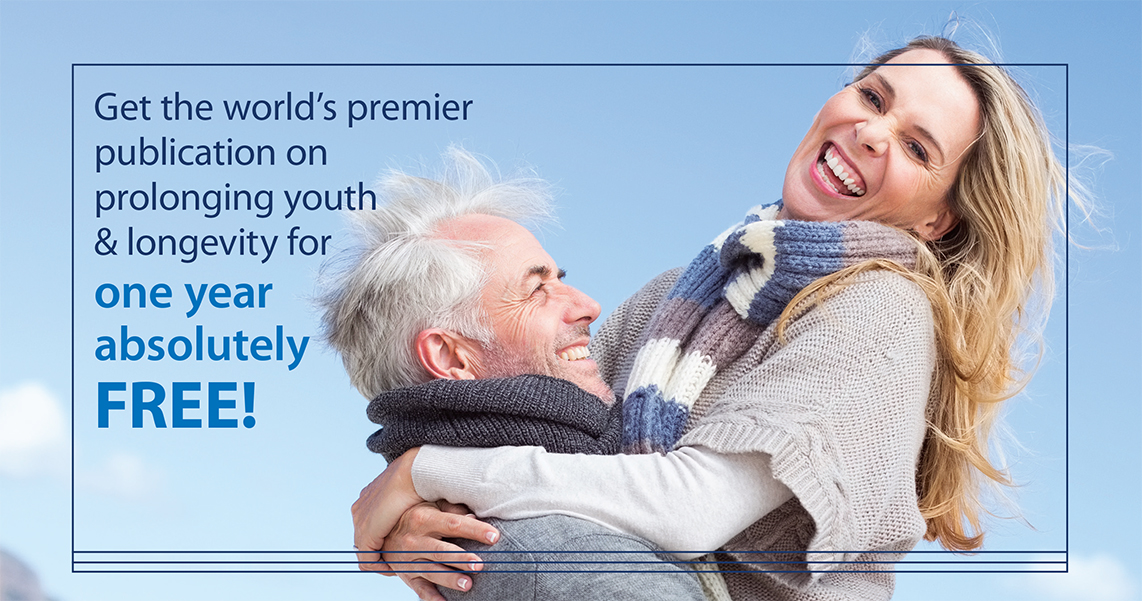




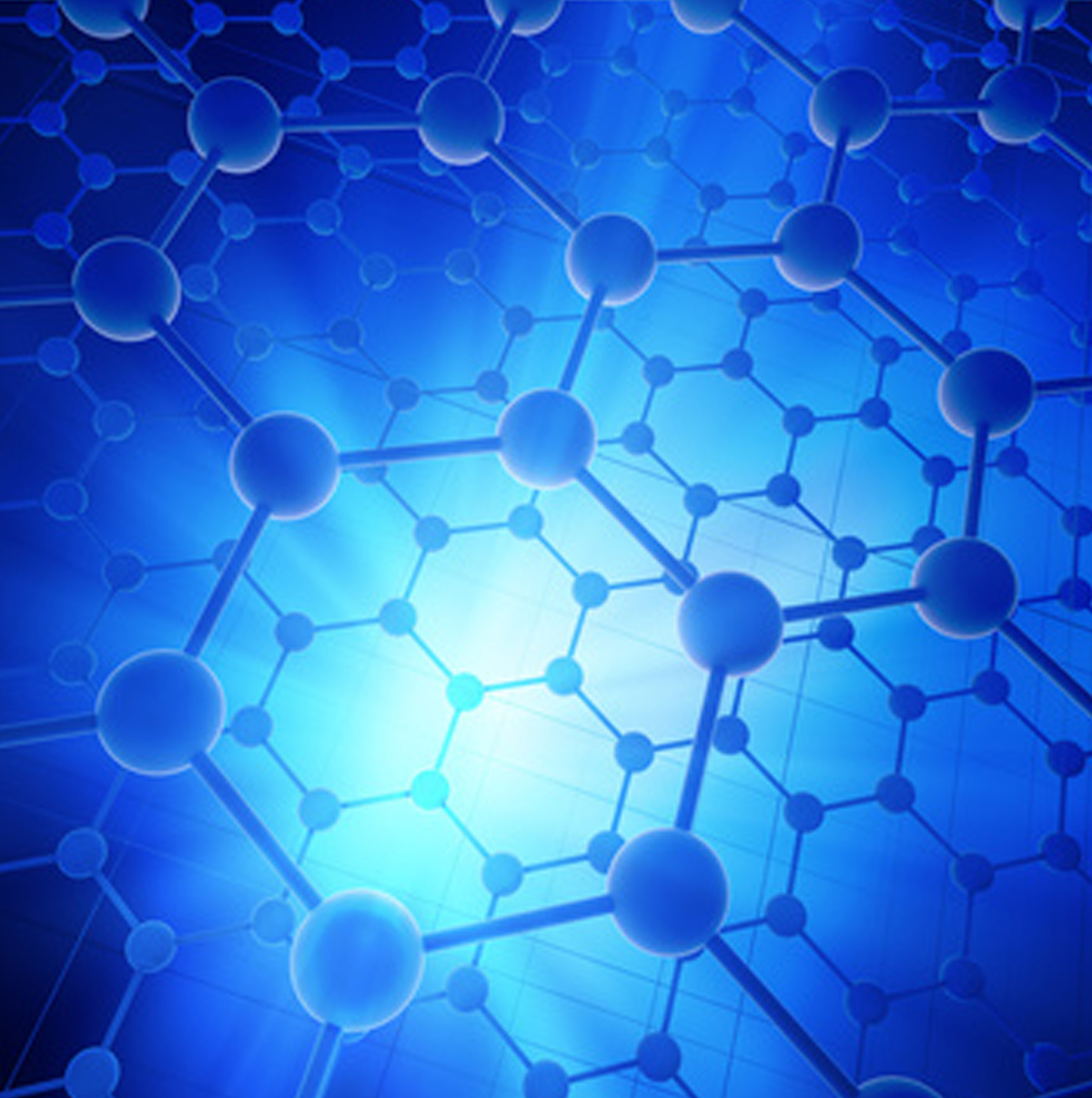

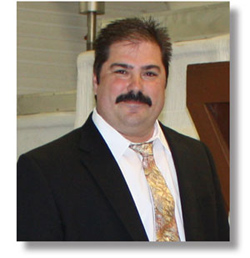
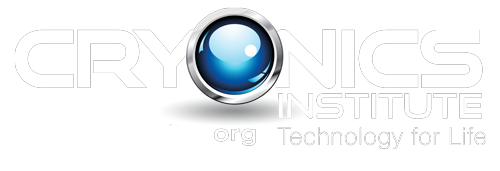
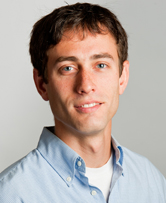
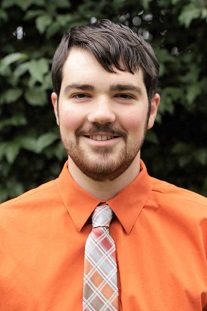
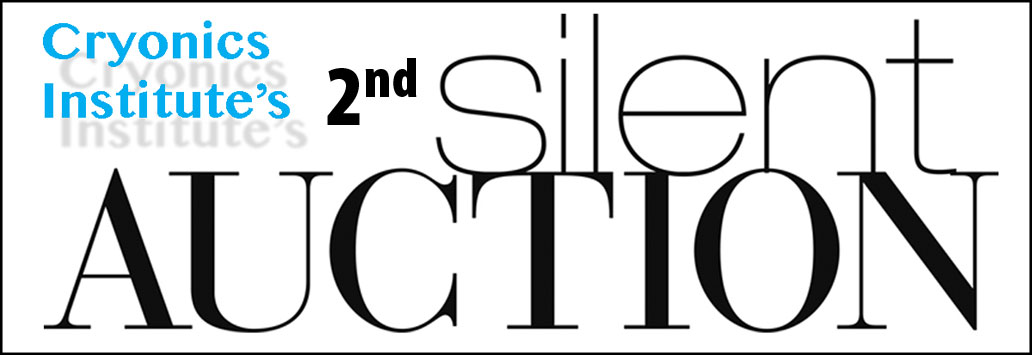
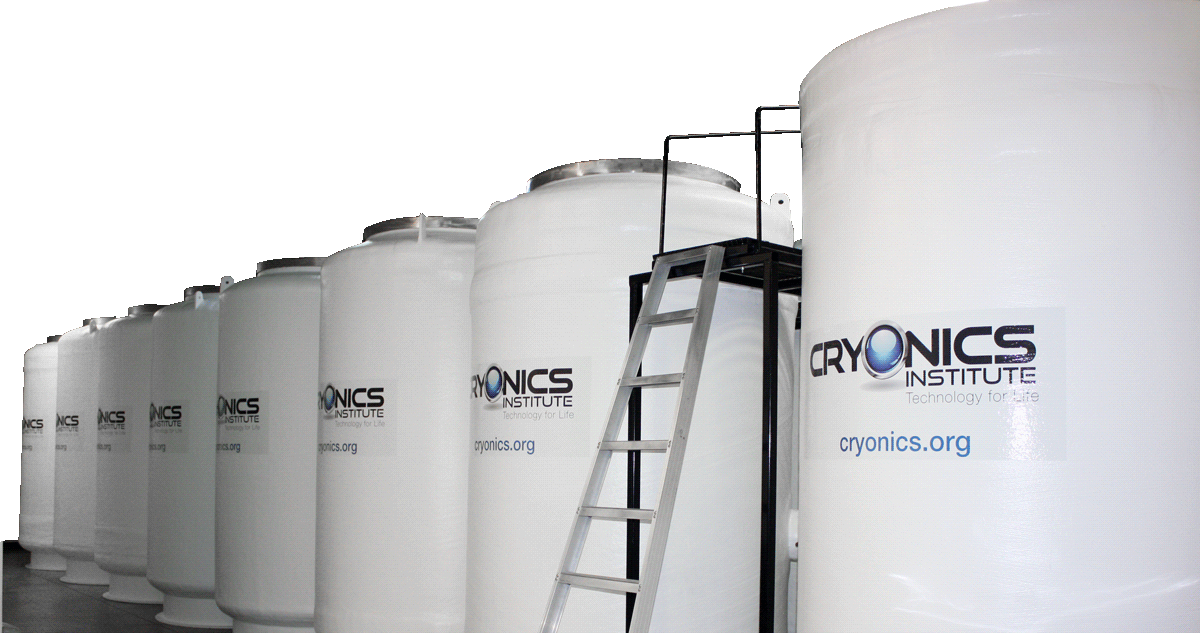
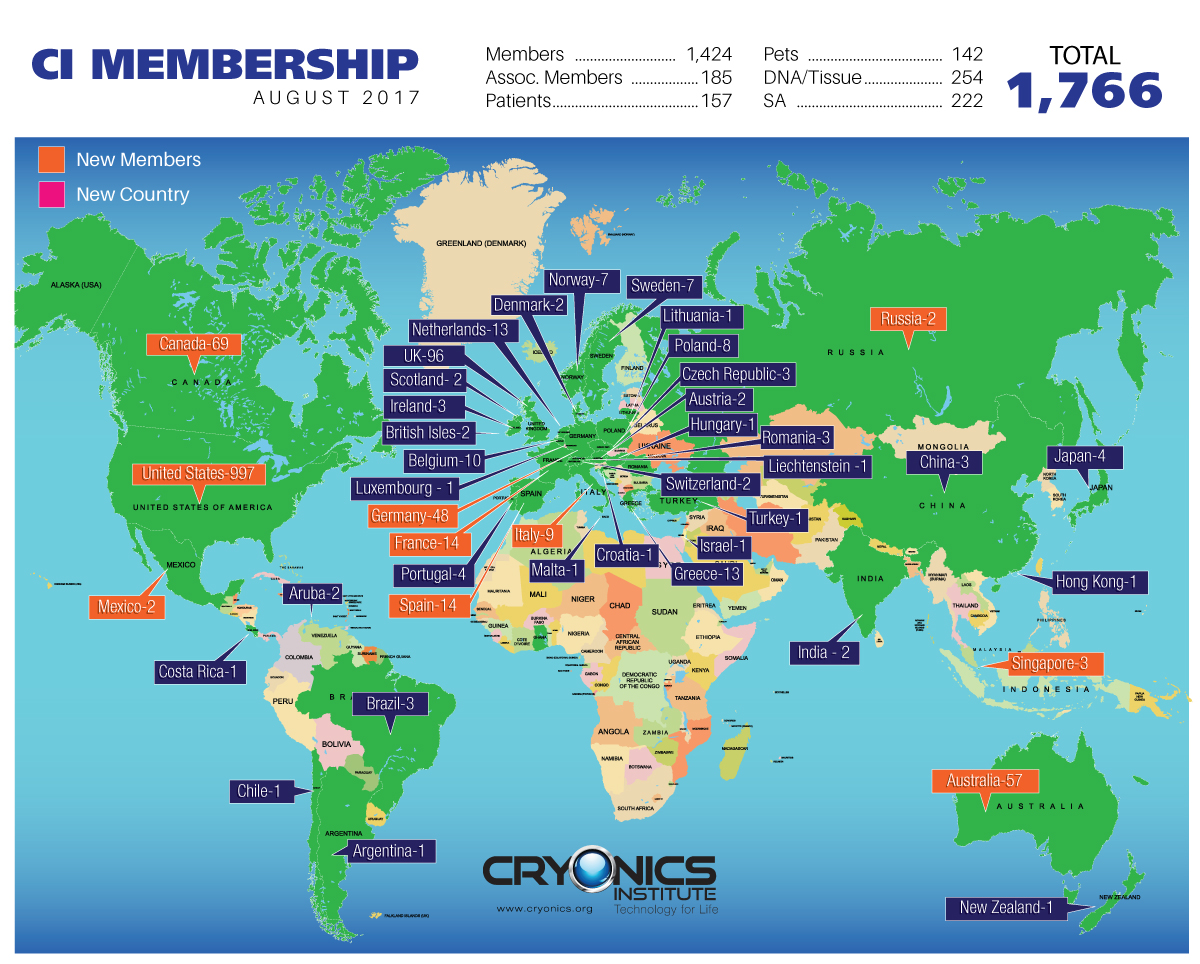

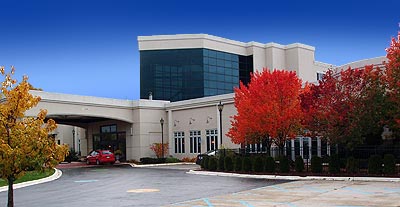 ConCorde Inn
ConCorde Inn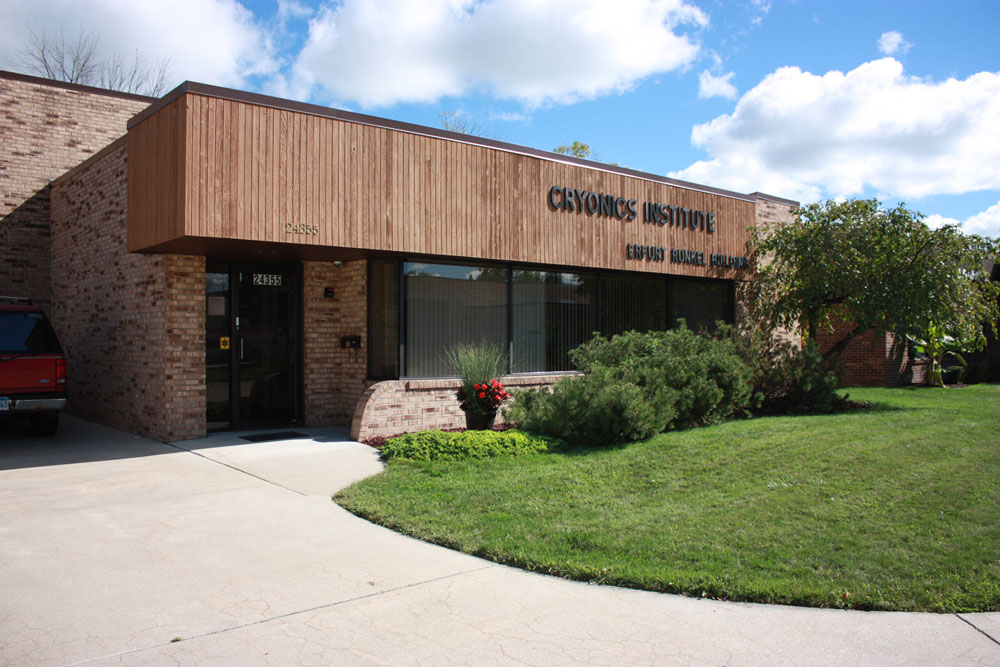 Cryonics Institute Facility
Cryonics Institute Facility ConCorde Inn
ConCorde Inn